Body art transcends mere aesthetics; it has long served as a powerful medium for storytelling, cultural identity, and community belonging across civilizations. For Emmanuel Uchenna Item, a 30-year-old tattoo artist of Austrian-Nigerian descent, tattoos represent a unique bridge between diverse worlds. His creations are deeply influenced by West African traditions, especially the ancient scripts of Nsibidi and Uli, alongside other indigenous motifs, which he skillfully transforms into modern tattoo expressions.
Raised in Vienna by an Austrian mother and a Nigerian father from Afikpo, Ebonyi State, Emmanuel spent nearly a decade in Berlin before returning to his hometown in 2024. Through his artistry, he reconnects with his Igbo heritage and provides both Africans and members of the diaspora a meaningful way to embody their cultural legacy on their skin.
In this conversation, Emmanuel shares insights about his background, the progression of his craft, and the enduring impact he aspires to create.
Emmanuel, how are you feeling today?
I’m doing great, thank you for inviting me.
Fantastic! To start, could you tell us a bit about who Emmanuel Uchenna Item is beyond the tattoo needle?
I’m a 30-year-old artist born and raised in Vienna. My mother is Austrian, and my father hails from Afikpo in Ebonyi State, Nigeria. I spent close to eight years living in Berlin before moving back to Vienna in August 2024. Traveling frequently fuels my creativity as I immerse myself in various cultures.
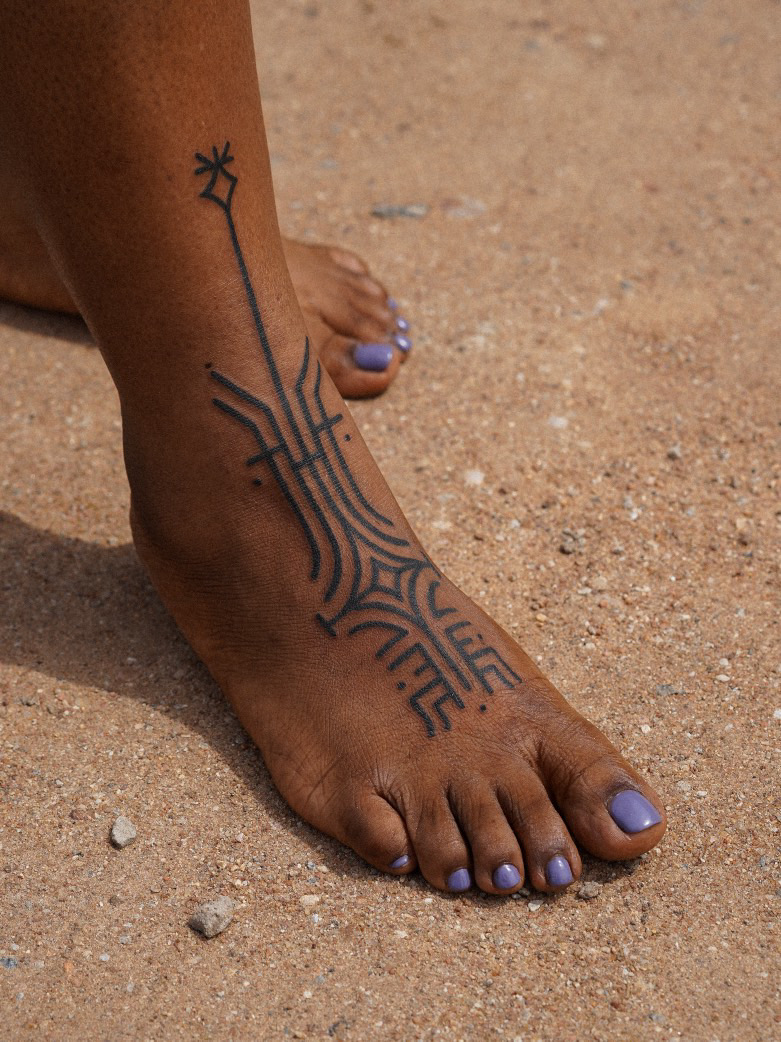
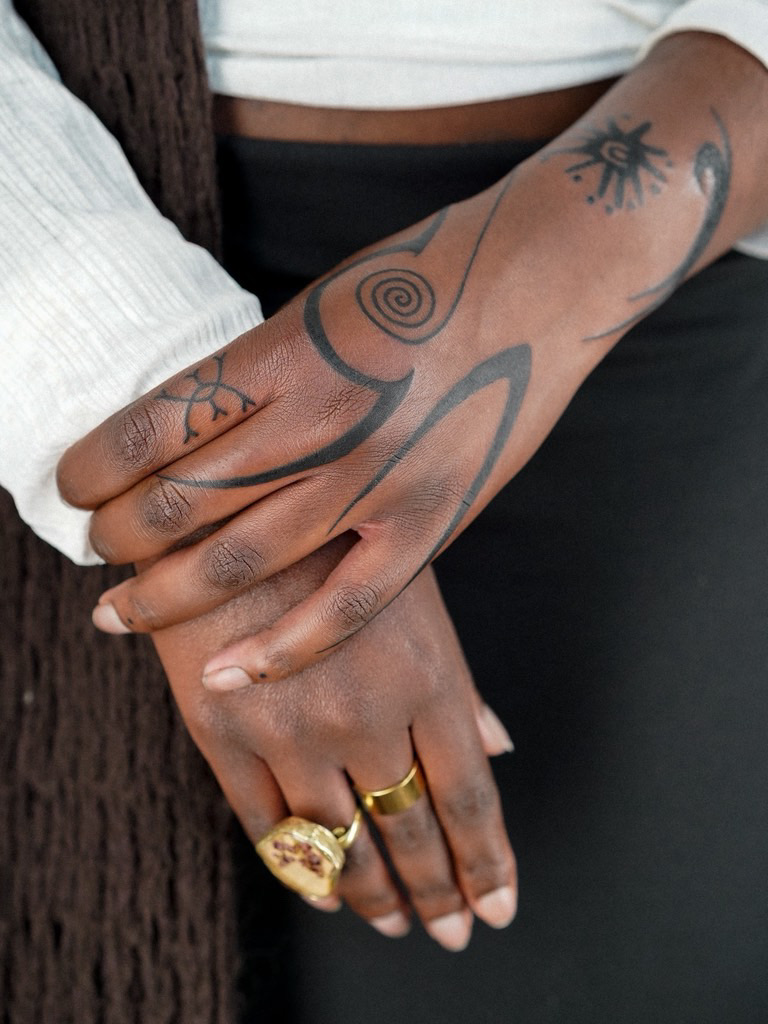
Your tattoos are deeply intertwined with African cultural heritage. How did you come to focus your art in this direction?
My journey began as I sought to reconnect with my Igbo ancestry. After many years away, I returned to Nigeria when my father remarried in his village. Since then, I’ve spent several months each year there. Around that time, I was developing my tattoo skills and started seeking visual inspiration from local traditions.
A pivotal influence was my mentor, Roberto (@pantarei), a tattoo artist who introduced me to the intricacies of tribal tattooing. His guidance encouraged me to delve into West African tattoo aesthetics and symbolism.
Nsibidi, Uli, and other indigenous symbols carry profound cultural significance. How do you integrate these sacred elements into contemporary tattoo art?
Respect is at the core of my approach. Honoring the intentions and heritage behind these symbols is essential to preserving their legacy. I don’t replicate traditional designs verbatim; instead, I reinterpret them through a modern lens, crafting fresh visual narratives that resonate today.
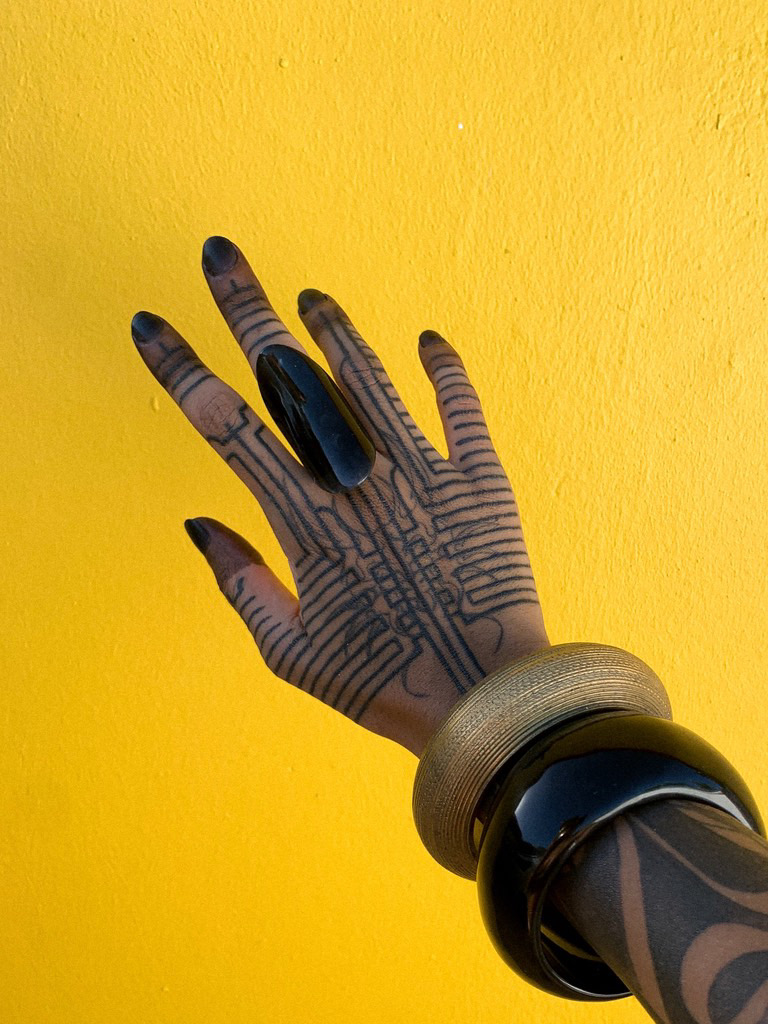
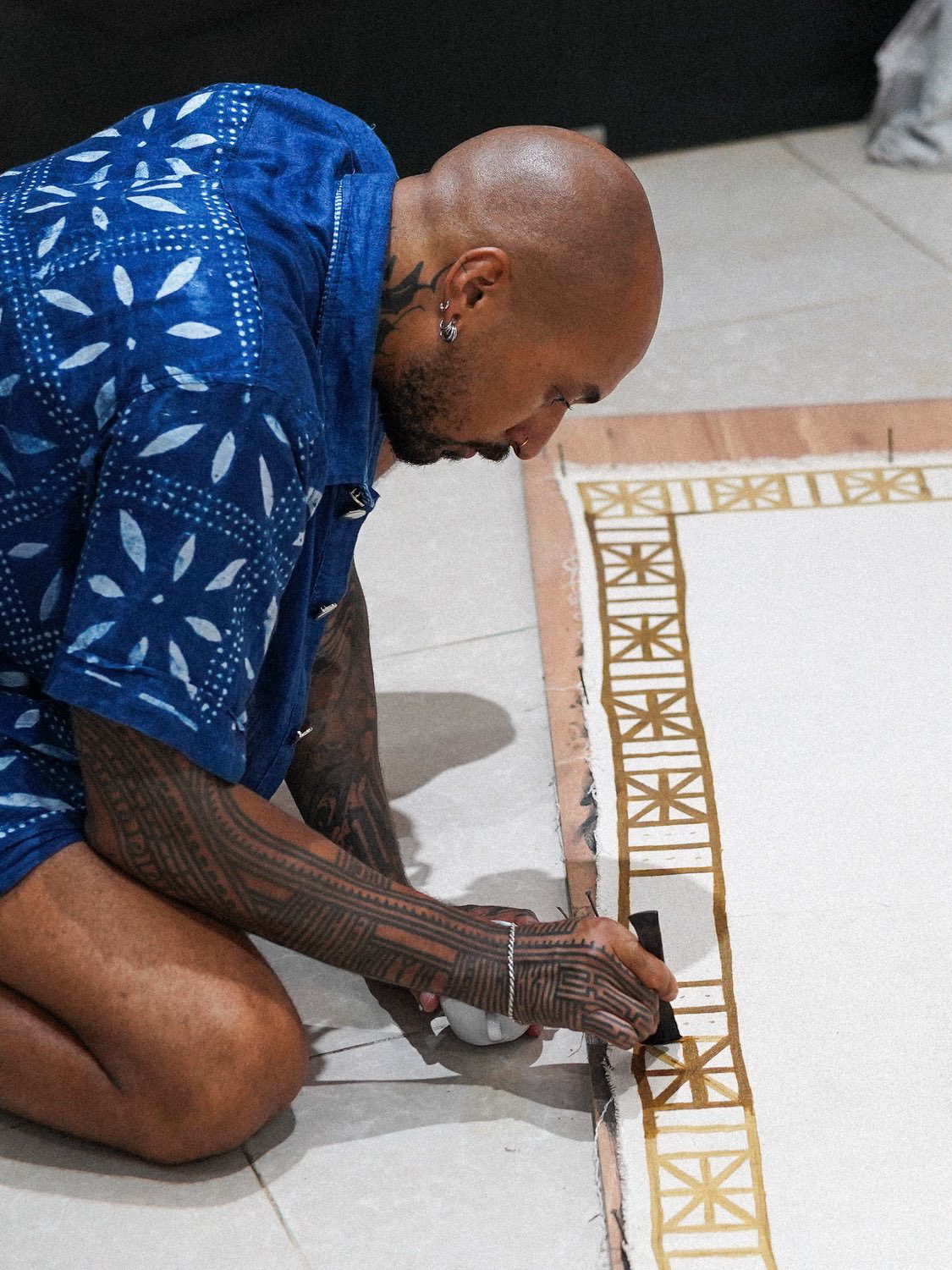 Having lived between Vienna and Berlin, how has this multicultural experience influenced your identity and artistic vision?
Having lived between Vienna and Berlin, how has this multicultural experience influenced your identity and artistic vision?
Leaving Berlin last summer marked a turning point. Austria and Germany share many cultural similarities, but Berlin offered a dynamic environment that nurtured my growth as an artist. Being away from Vienna and traveling globally has deepened my appreciation for my roots. It feels like I ventured out to gather knowledge and now I’m back to apply and share it in my hometown.
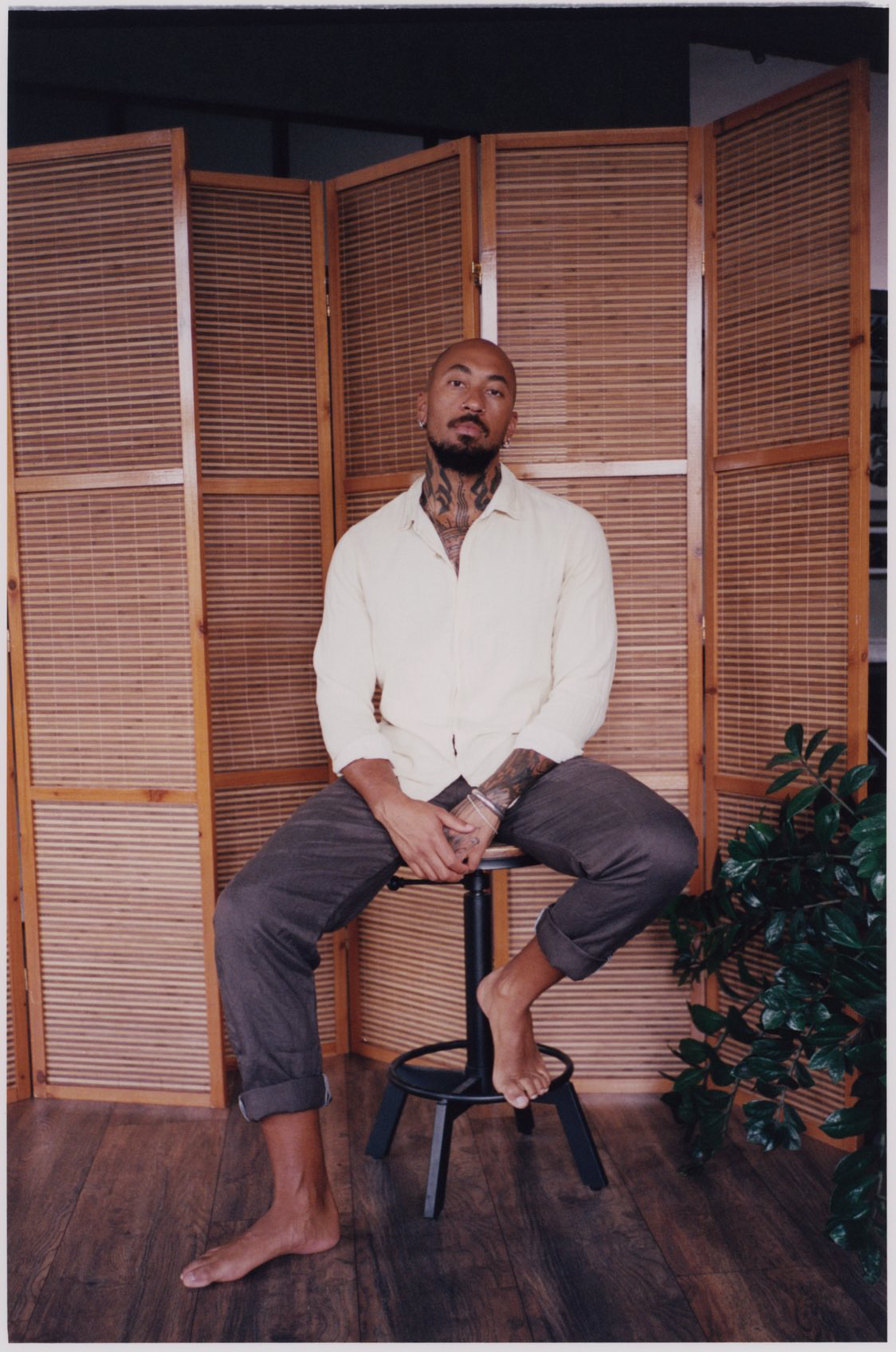
Tattooing often carries deep emotional weight. Can you share a story about a client whose experience with your art was transformative?
Recently, I tattooed a man from Abuja who survived a violent attack when robbers tried to harm his daughter. He was stabbed multiple times in his back and abdomen but survived. After living with the scars for years, he chose to have them artistically covered.
We designed scarification-inspired patterns to mask the wounds, incorporating Nsibidi symbols to add layers of meaning and protection. It was a powerful way to turn trauma into a story of resilience and identity.
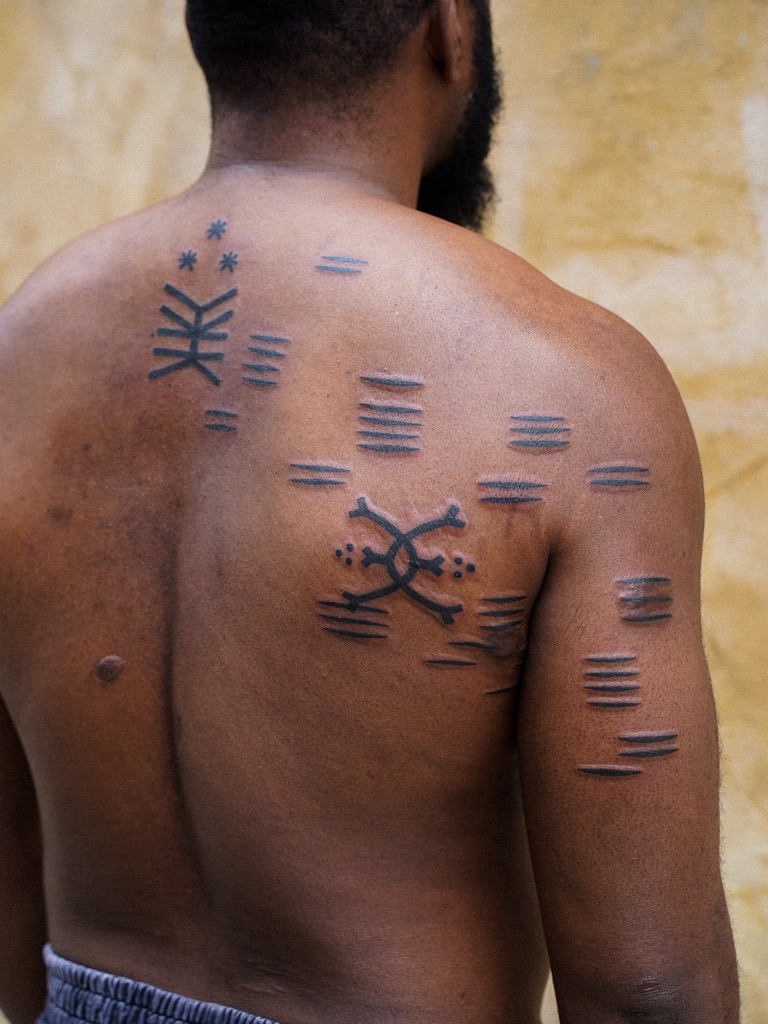
That’s a moving testament to the power of tattooing.
Absolutely, it’s an honor to help people carry their stories in such a meaningful way.
Looking forward, what influence do you hope your African-inspired tattoo art will have on both the diaspora and global perceptions of culture, beauty, and self-expression?
My vision is for Africa to be recognized as a vital force in the contemporary tattoo scene. Like many creative fields, tattooing has historically underrepresented dark-skinned artists and clients without justification.
I want to see more artists, regardless of background, embracing black skin as a canvas, encouraging black clients to feel confident and welcomed. Additionally, I hope tattoo culture within Africa flourishes, shedding outdated stigmas around body art.
Greater collaboration between African and international tattoo communities is essential to exchange knowledge, elevate standards, and refine skills. Ultimately, I aspire to leave a legacy where African tribal tattooing is globally celebrated as a distinct and respected art form.
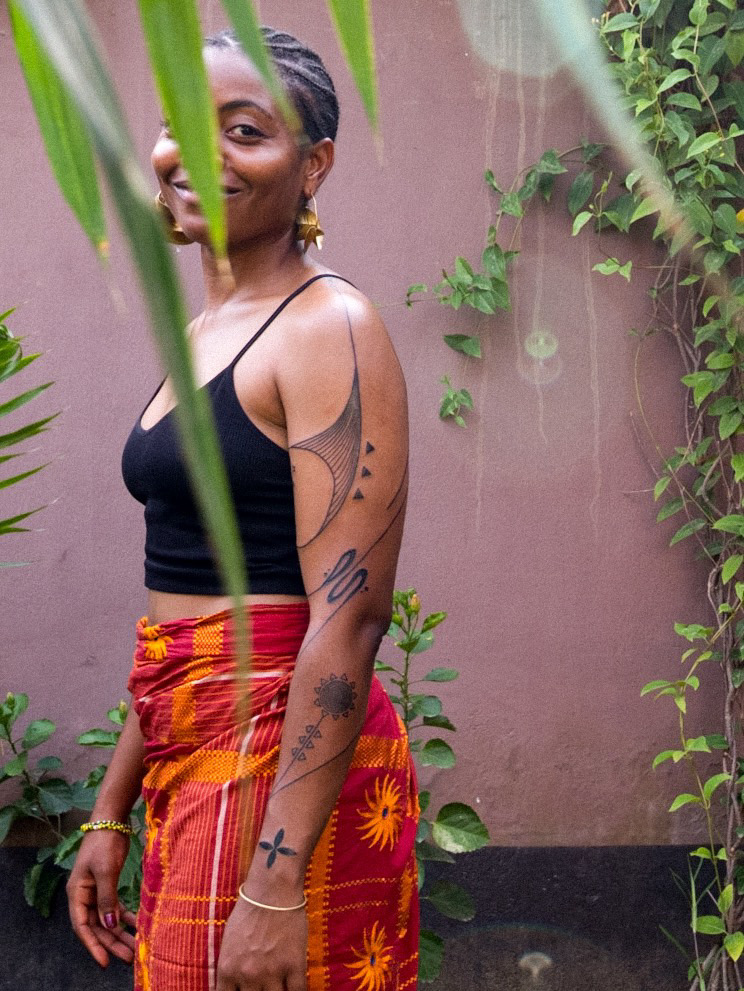
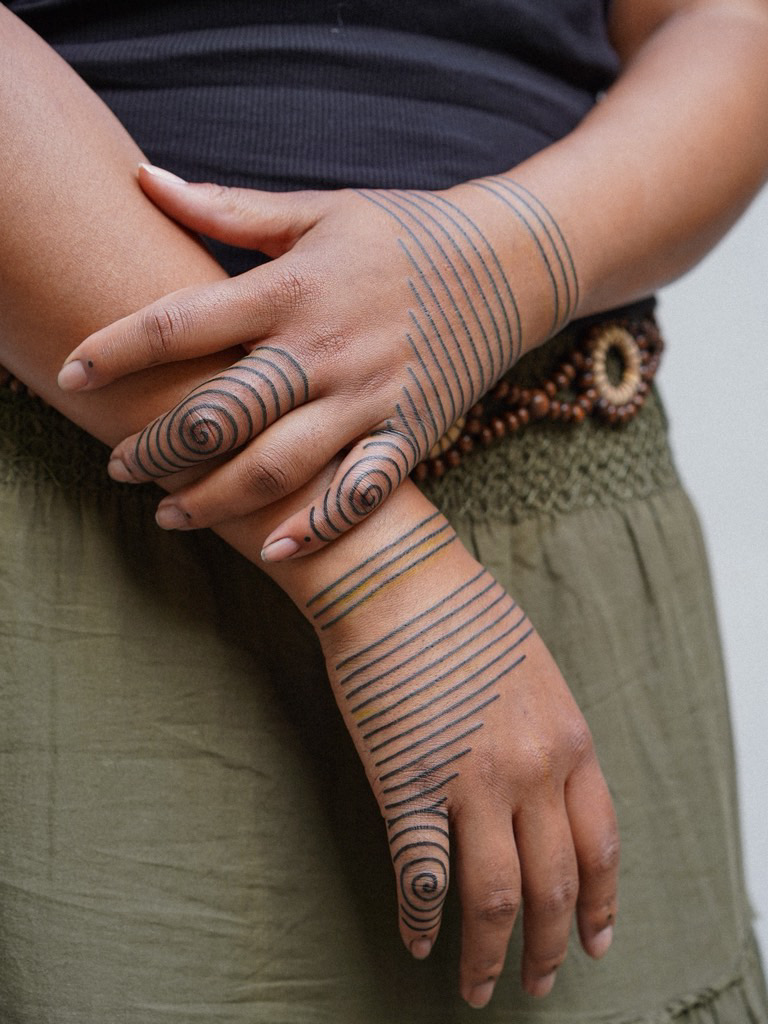
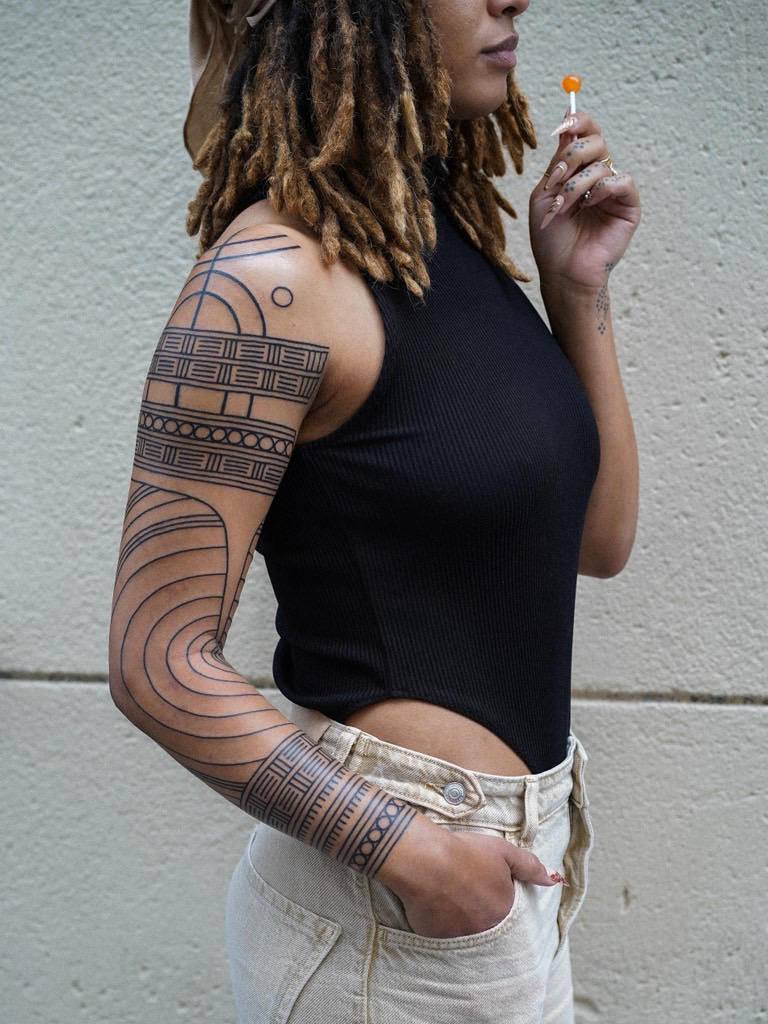
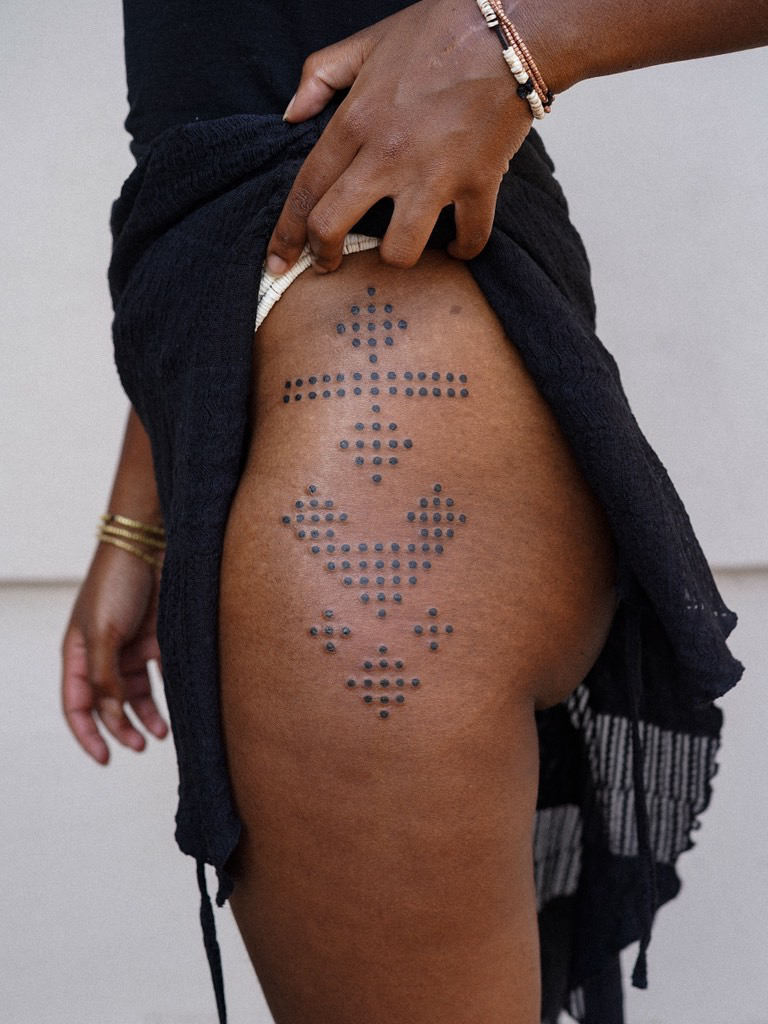



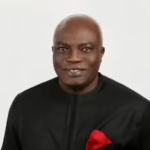

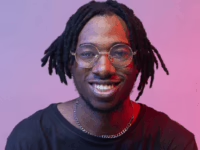
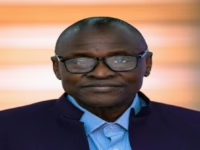


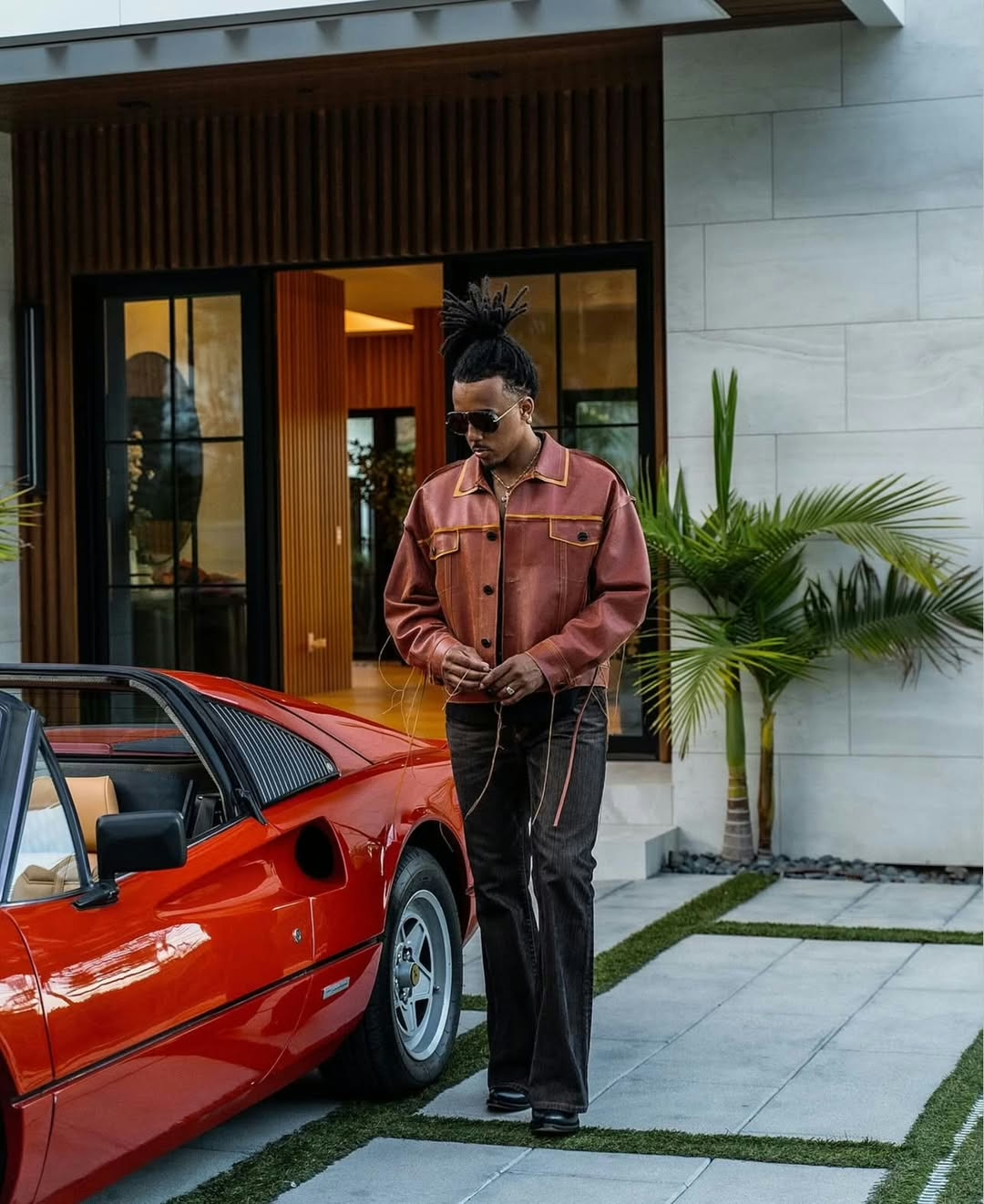
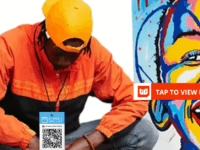
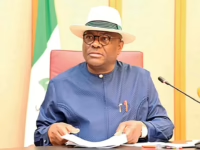

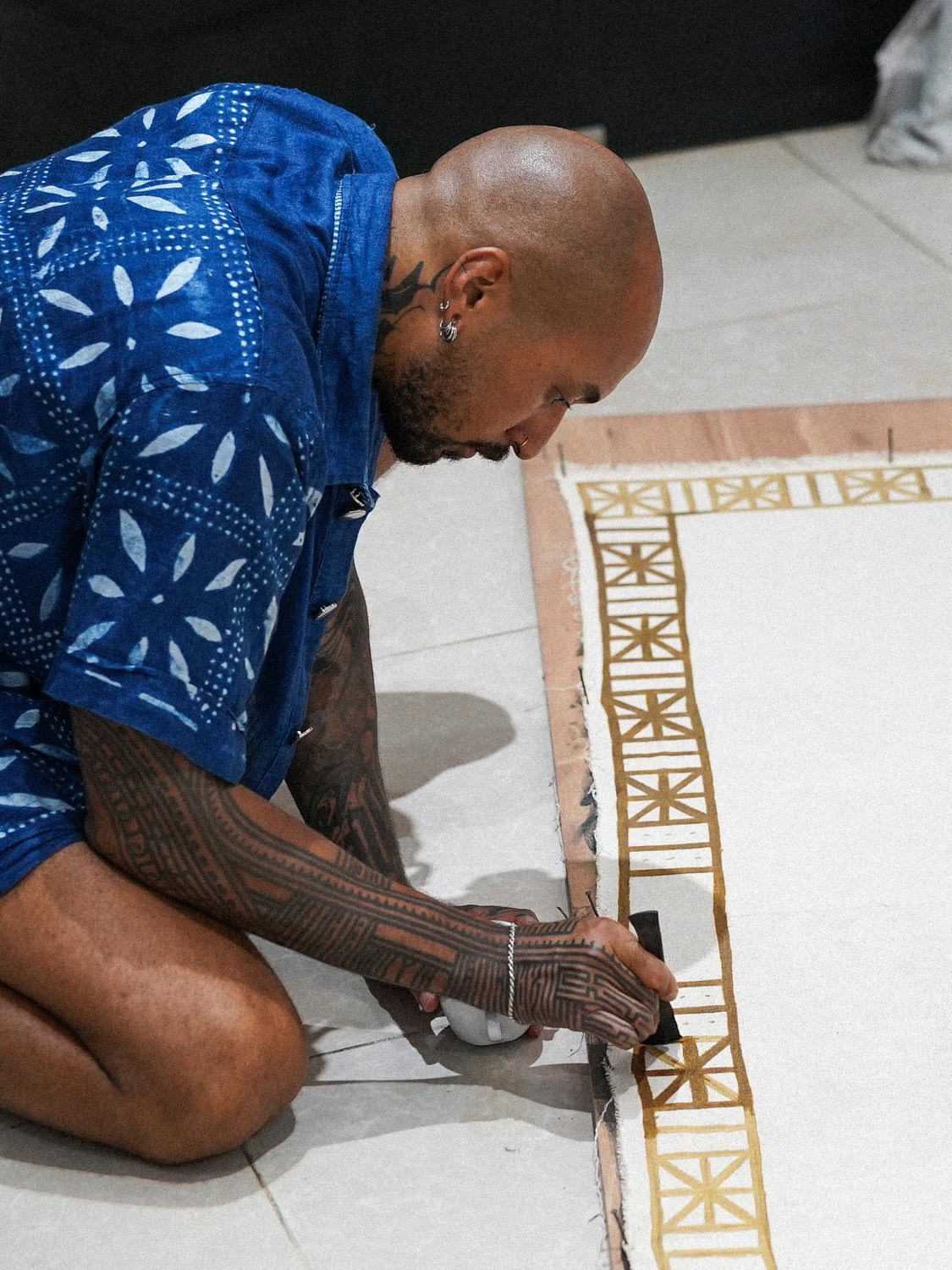
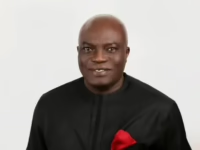
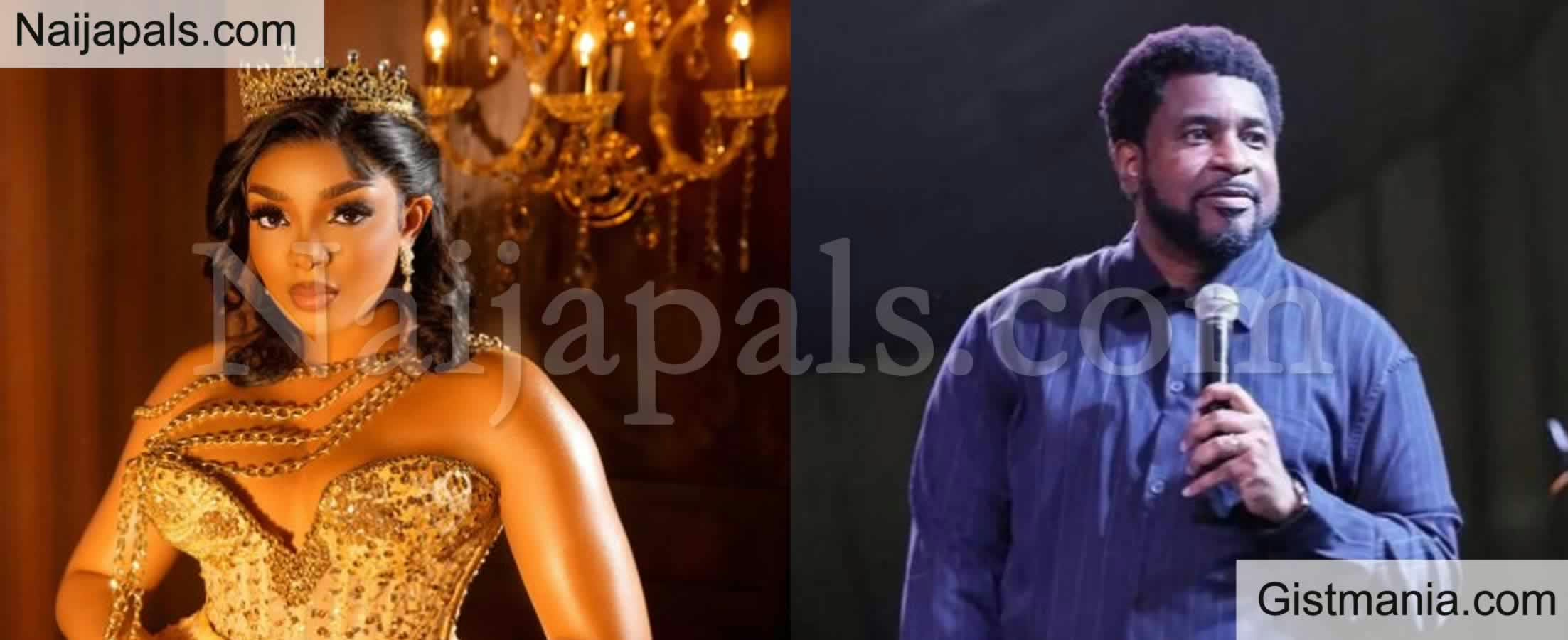
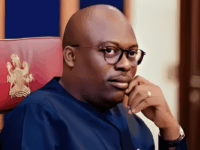
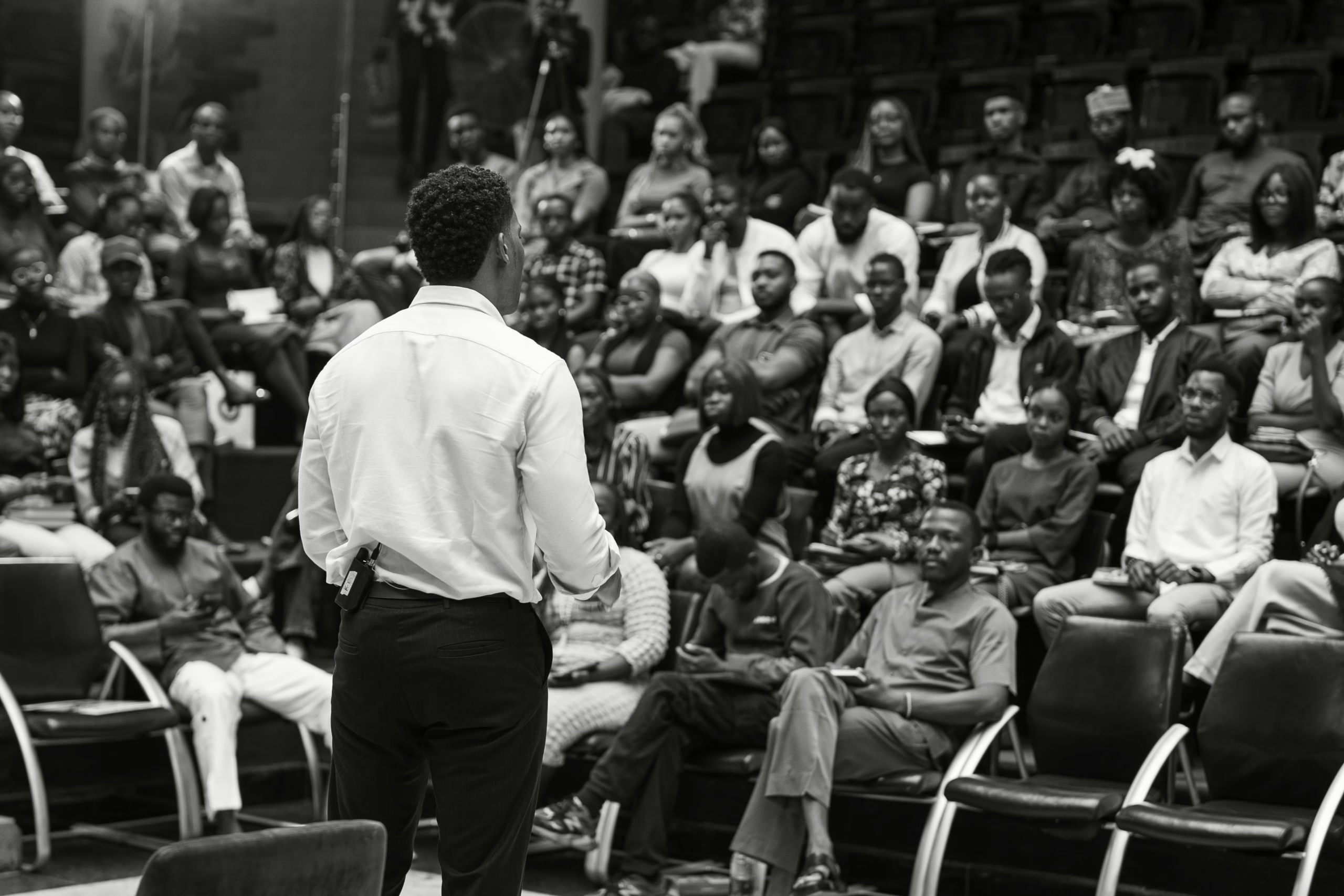

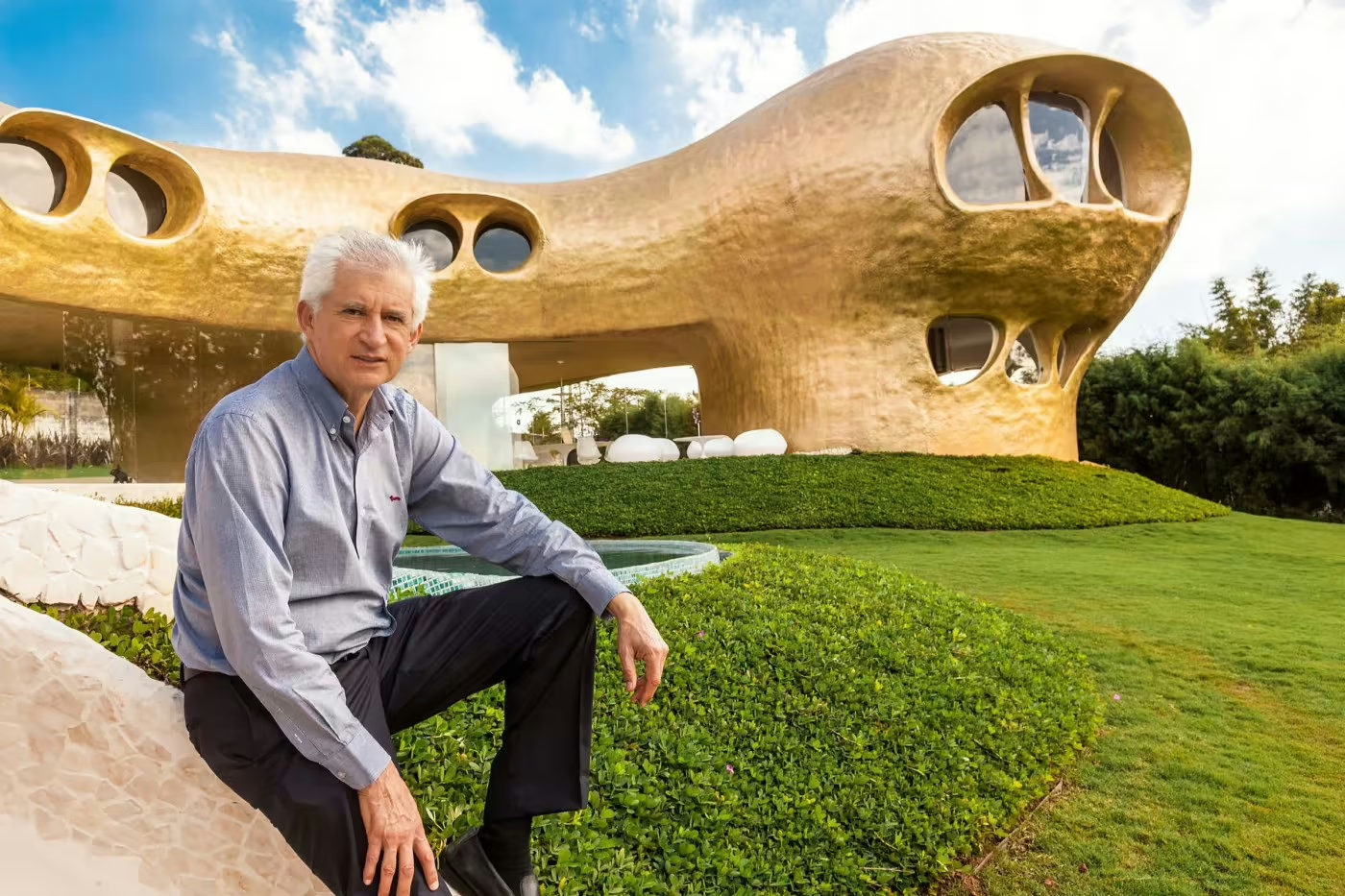
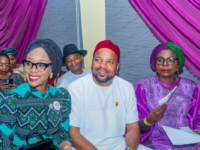



0 Comments